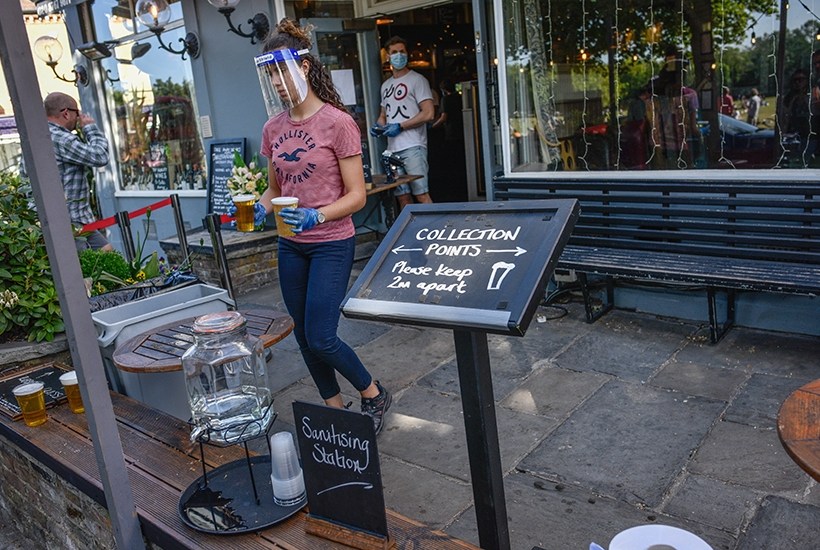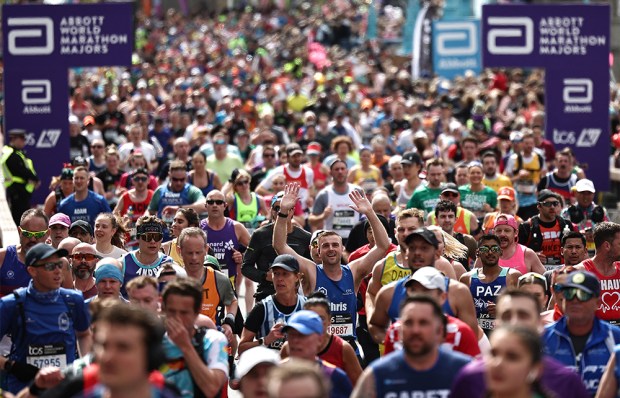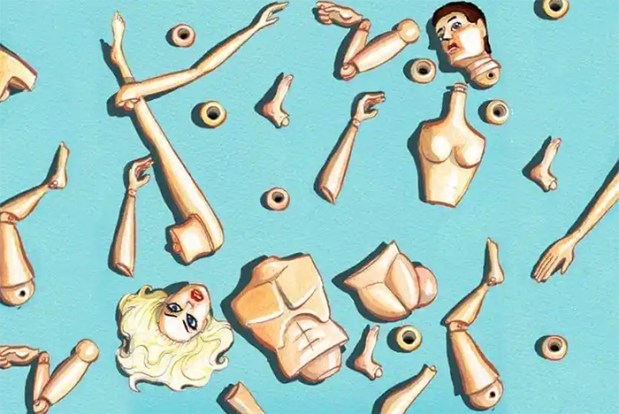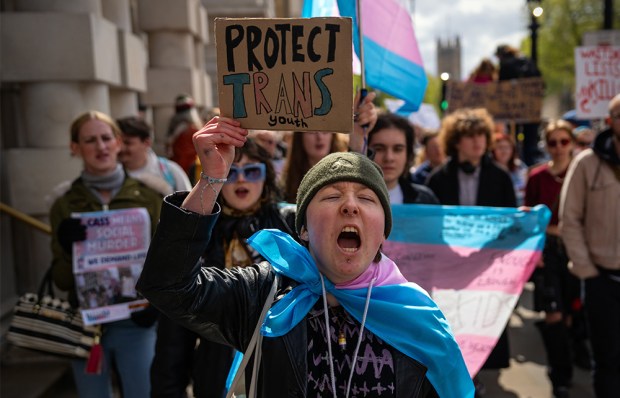If you ask people what they’ve missed out on since the pandemic, they’ll probably lament their cancelled plans. Weddings postponed, birthday parties axed and family reunions moved to Zoom. Me, I’ve missed the unplanned. The spontaneity that knocks your routine, muddles your diary and lands you tipsy in the pub on a Monday night when you were supposed to be at the gym.
For more than a year, our lives have been ruled by the principle of ‘safety first’. Accidents — even the fun ones — have been avoided at all costs. It has been illegal to act on a whim or at least, in the better times, very strictly regulated.
So when friends suggested several weeks ago that we book a long weekend in Porto, I couldn’t imagine a better way to celebrate the last days of lockdown and the return of spontaneous living. A three-night getaway in a foreign city is almost designed to be overwhelming: with not much time and with so many possible things to do, you don’t really know where to start. You just have to get up and see where the day takes you.
In truth, I can’t quite describe the weekend as spontaneous — or without stress. The drip-drip of rumours that Portugal was going to be taken off the ‘green list’ for travel led to frantic WhatsApp messages and cancellations on the Thursday morning before our trip. Then we decided to rebook accommodation in the afternoon, when the Transport Secretary confirmed the quarantine mandate wouldn’t take effect until after we were due to return. This is a traveller’s life now: hanging on Grant Shapps’s every word.
The admin required to be free these days is horribly complicated — pricey too. The law demanded three Covid tests for our trip, which cost double the price of the plane tickets. One of the tests had to be taken in Porto. After hours of searching through the comments section of online travel forums, my friend managed to find a drive-through venue on the outskirts of the city. Our first morning won’t be remembered for cold brew coffees or pastéis de nata, but for an hour-long Uber ride to the testing centre and another hour waiting in a queue of cars. We pulled out proof of our flight tickets and first Covid test results to reassure the driver we weren’t symptomatic. A trainee nurse stuck the cotton swab so far up my nose it swelled.
I’m grateful that we booked the holiday before we understood what was required. If we had known how many hurdles there are to travelling now, we might well not have bothered. In the end the joy of a change of scene outweighed the tedium of temperature checks and passenger locator forms. It was far from normal travel, but it felt a bit like normal life: one where something, just anything, new might happen.
Of course, so much of the freedom I felt was an illusion. Portugal has its own strict set of Covid rules, and whether we were in a café or on the beach, there were constant reminders, as there are here, of the many prohibitions on our lives. And it must have been miserable for the holidaymakers who had to cut their trips short to avoid quarantine: an estimated 30,000 British tourists were fighting for last-minute seats on Monday, lining up in four-hour queues for airport Covid tests.
But I’m going to hold on to that feeling, real or illusory. It’s better than the alternative: acknowledging that so much of life is still frozen. During the first lockdown, my friends and I attempted to make the best of society’s great pause. Over drinks on Zoom we spoke about how, with more time on our hands, we might ‘self-improve’. We were going to catch up with reading, exercise more. When we didn’t, it created a dreadful sense of falling behind.
I don’t know anyone who went on attending online cooking classes or book clubs during the third lockdown. We’re Zoomed out. For many, the conversation instead turned to playing catch-up. Couples are considering the implications of pushing back their wedding dates by several years. Others are desperate to find new lines of work, after lockdowns have damaged or completely destroyed their industries and derailed their careers. A friend in the States who hasn’t met a partner yet is considering having a baby on her own through IVF. She knows it won’t be easy, but she’s not sure she can wait.
These are losses that don’t show up on the bar charts being passed around Whitehall or feature at the 5 p.m. press briefings. The things that most affect us are often intangible, a faint gust of wind that only you know has whisked you away into totally new territory.
When the first lockdown began, I was 29. Coming out of the crisis (if the government frees us this month), I’ll be turning 31. It feels as though time has stood still. It hasn’t, and that’s what niggles. I suspect things have been lost — people, experiences and opportunities — but only in another world could I find out exactly what.
On the flight home we sat next to a theatre director, who is praying that his show will go ahead this winter. If my friends and I are feeling spontaneous, we may go to see it. Our conversation made me realise that I can count the strangers I’ve met in the past 15 months on one hand.
As we touched down at Heathrow, headlines declared that 21 June looks increasingly at risk. Ministers are considering pushing back ‘freedom day’. The one-metre-plus rule may be here to stay, at least for a bit. This is potentially disastrous news for businesses and venues that need to operate at capacity to turn a profit. It is disheartening as well for those who are finding the rigidness of life grating. Because it’s not real life, is it? The pubs may be open, the cinemas are back, but the messy, unpredictable events that keep things interesting are still exiled.
Got something to add? Join the discussion and comment below.
Get 10 issues for just $10
Subscribe to The Spectator Australia today for the next 10 magazine issues, plus full online access, for just $10.
You might disagree with half of it, but you’ll enjoy reading all of it. Try your first month for free, then just $2 a week for the remainder of your first year.















Comments
Don't miss out
Join the conversation with other Spectator Australia readers. Subscribe to leave a comment.
SUBSCRIBEAlready a subscriber? Log in